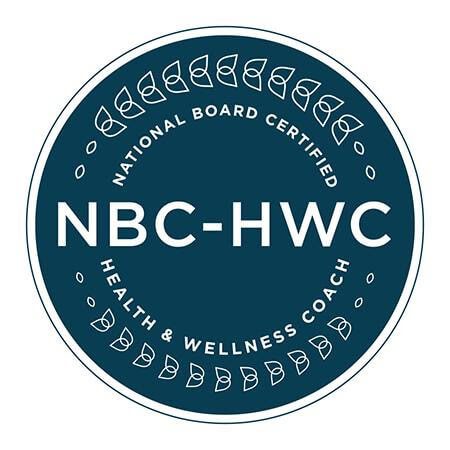Should I be taking Folic Acid or Folate?
During my pregnancies, I became very aware of the need for Folic Acid in my diet. But recent news stories have shared a warning – stay away from Folic Acid!
What?!
Folic Acid is an important B vitamin that helps your baby’s neural tube develop into a brain and spinal cord; it also aids in the production of red blood cells. That’s important stuff….so why avoid it?
Because it’s Folate that our body needs during pregnancy. Folate has been used interchangeably with Folic Acid. Indeed, Folic Acid is the synthetic form of Folate. Folate has been found to be so important in our overall health, that everyday foods are often fortified with Folic Acid (the cheaper alternative to Folate).
Folate refers to B vitamins, specifically B9. Found naturally in foods, in its natural state, it is broken down in the small intestine and converted to 5-methyltetrahydrofolate and utilized by the body. It is critical for DNA functioning. But the synthetic form of Folic Acid, isolates the active compound, causing our body to bypass the small intestine and process in the liver. This means that there is a risk of unmetabolized Folic Acid in our blood – or higher than necessary levels of Folic Acid. This can lead to malabsorption of B12 vitamins which work with B9 to support proper brain and nervous system functioning.
Remember – Folate refers to B vitamins…with an S. Naturally occurring Folate is a family of B vitamins, in the proper ratio of B6, B9, B12 to support our bodies. Metabolized in the small intestine, our bodies use what it needs and pees out the rest (B vitamins are water-soluble). However, Folic Acid is the isolated B9 vitamin and is converted in the Liver, where absorption can be higher, before it ends up in the toilet. Drinking plenty of water is important in this case…keep the body hydrated and flushed.
Other concerns surround Folic Acid, including an increase in certain cancers. My research on this shows that information related to non-pregnant women, so I will not address it here. Folate is critical to proper baby growth and for a healthy mommy.
So what to do? I used a high-quality, whole-food, organic prenatal vitamin during my pregnancies which contained…Folic Acid. My children are healthy and strong. However, with this information, and given that I always prefer natural over synthetic, I would have chosen a supplement that included Folate over Folic Acid.
All vitamins and minerals work in harmony with one another and – together – in harmony with our body. Taking isolated vitamins and minerals diminishes their overall benefits, possibly creating undesirable side effects. If you simply cannot afford or find a Folate containing prenatal vitamin, don’t sweat it. Your baby needs that B9, so take the Folic Acid, and….
The best solution? Eat Folate rich foods. These include:
- Spinach and dark leafy greens
- asparagus
- avocado
- beets
- brussels sprouts
- beef and chicken liver
- kidney, white and lima beans
- whole grains
- salmon
- and more
Eat and continue to take your prenatal vitamin with Folate, as babies need more Folate for brain growth. Neural growth begins as early as 7 weeks, then tripling in weight during the final 13 weeks. The third trimester is all about the brain! And eat those glorious dark green leafy foods for your overall health and well-being.
If you want to learn more, contact Health Coach, Amber Stevens. You can schedule a free 25 minute consultation today.
Also, learn more about the benefits of prenatal massage and/or schedule a massage with our experienced massage therapists.







